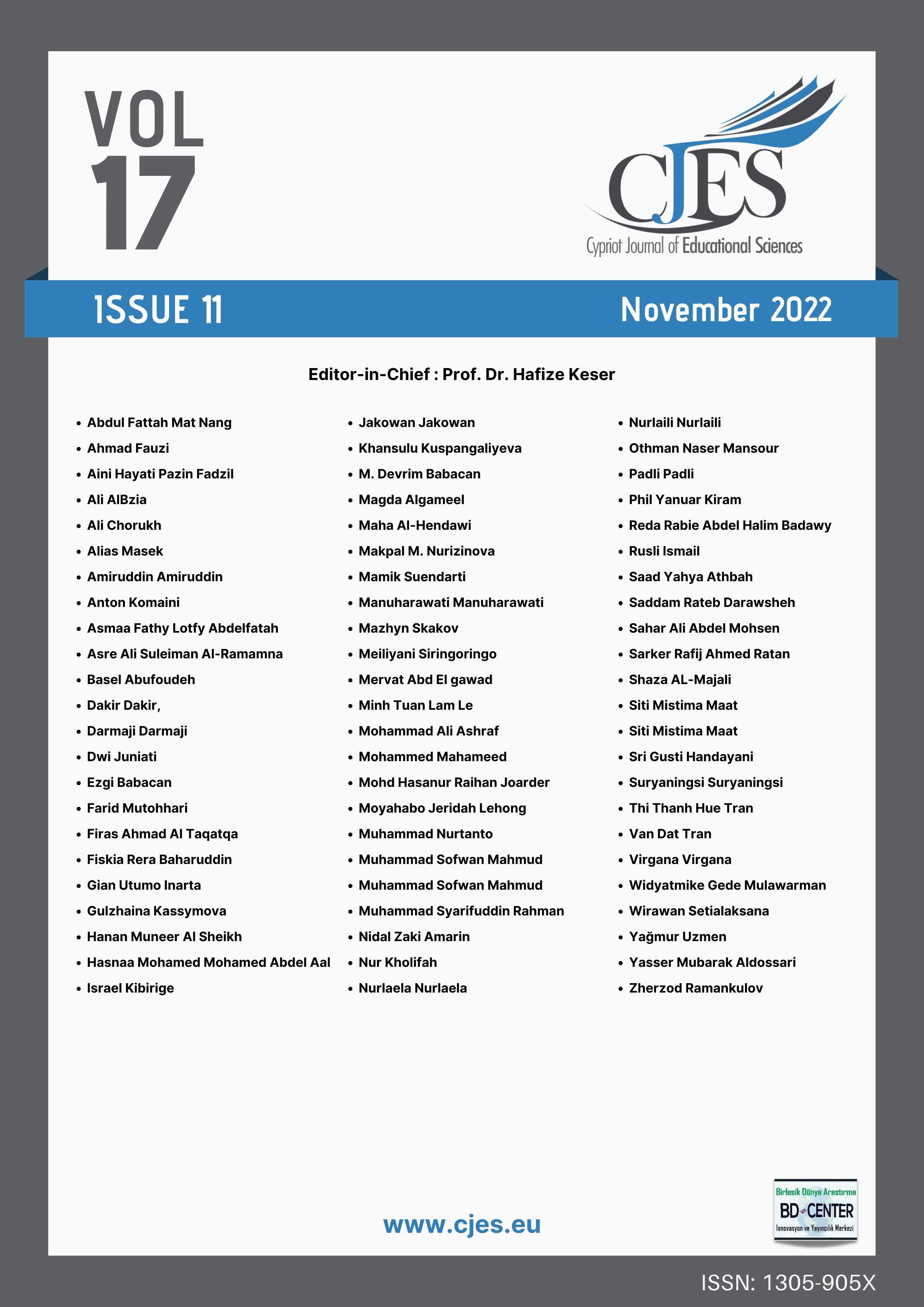Does faculty well-being mediate the relationship between HR practices and quality education? Evidence from developing context
Main Article Content
Abstract
The purpose of this study is to examine the relationship between sustained general well-being and quality education experienced by faculty members in private universities. Particularly, how do managerial practices, such as faculty compensation, job security, job autonomy and faculty promotion opportunity, affect quality education mediated by faculty well-being? To answer this question, a theoretical framework using the effort–reward imbalance (ERI) model as its basis was established. Using measurement scales, a survey instrument was developed to test the various relationships implied by the ERI model. Data (n = 515) were collected from faculty members of private universities in Bangladesh in 2019. Structural equation modelling was followed to analyse the data. The findings of the study indicate that faculty well-being has a significant direct and mediating role to influence quality education in private universities in Bangladesh.
Keywords: Compensation, faculty well-being, job autonomy, promotion opportunity, quality education.
Downloads
Article Details

This work is licensed under a Creative Commons Attribution 4.0 International License.
Cypriot Journal of Educational Sciences is an Open Access Journal. The copyright holder is the author/s. Licensee Birlesik Dunya Yenilik Arastirma ve Yayincilik Merkezi, North Nicosia, Cyprus. All articles can be downloaded free of charge. Articles published in the Journal are Open-Access articles distributed under a CC-BY license [Attribution 4.0 International (CC BY 4.0)].
Birlesik Dunya Yenilik Arastirma ve Yayincilik Merkezi (BD-Center)is a gold open-access publisher. At the point of publication, all articles from our portfolio of journals are immediately and permanently accessible online free of charge. BD-Center articles are published under the CC-BY license [Attribution 4.0 International (CC BY 4.0)], which permits unrestricted use, distribution, and reproduction in any medium, provided the original authors and the source are credited.

